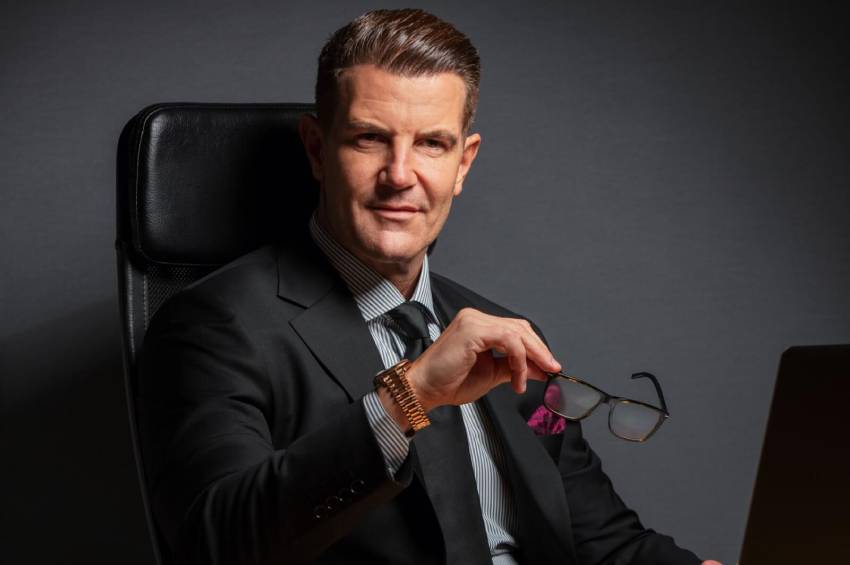

Home Why others criticise you in business


Why others criticise you in business
|
Getting your Trinity Audio player ready... |
What are the main reasons people criticise one another? It can often make people feel shame or even anger, and therefore creates a bad atmosphere.
There is a big difference between criticism and constructive feedback, and some people simply do not know the difference or don’t know how best to deliver the message.
Criticism is often a way of asserting power and control; however, I have listed below what I believe to be the main reasons people may criticise you.
They feel threatened by your competence and skillsets
It is more frequent than not, that existing employees feel threatened by most new starters. New starters are always fresh and will, therefore, bring fresh and new ideas to the table. They also get the “newbie” attention and closeness.
This can cause a potential for a huge threat of either being less competent or being found out.
They feel you have a different treatment from the leadership team
Most people are selfish in this respect and want to have “special” treatment from their bosses. It gives people a feeling of inclusion. If somebody feels that they are losing their seat at the table, people can retaliate with criticism.
They have a sense of control and feel that they are losing power.
If you are being hired or repositioned to work on a project that somebody else is working on already, they may feel a loss of control. They can often feel like they are losing power and therefore will see the move as a negative.
Instead of embracing the new pair of hands, they will turn to criticism. You will notice that they do not tell you everything, and they are very vague about project details, etc.
They are attention-seeking
Yes, this still happens with adults, it doesn’t stop in the playground!
Whether somebody is trying to prove a point, or simply trying to be difficult, humiliating somebody in public is exactly how it will go down.
They are simply attention-seeking, and people will see straight through this. However, this point is the only one that may not actually be caused by you. It could have been caused by any other team member, however, you were in the right place at the right time for them to prove their point.
They feel insecure
This is a summary of all of the above all put into one. The need to criticise people or hurt somebody else’s feelings is a huge sign of insecurity. Whether this is in work relationships, personal relationships, etc. it is always caused by insecurity.
The reason people criticise you is that they are genuinely trying to help
There is always this possibility – let’s not be negative!
People don’t always see the damage they cause when criticising somebody’s work or skillset. They do genuinely believe they are helping you and will continue to do so until somebody plays their way back to them.
People that do this most likely have poor social skills.
I do believe that understanding the above points will help you deal with such people. Critics will always have their own agenda, their own thought process, and will be very set in their own ways, however, try and understand them so that you can give the best response to the situation. It will benefit you hugely in the workplace.
Take a look and see if the person has this approach constantly or has it just been around a specific topic/era. This will be very telling with regards to the reasons behind the criticism.
Just remember, constructive feedback in private will always get you further.

About Mike Coady
Mike Coady is an expat expert based in Dubai and is on hand to help with all of the above and more.
Mike is an award-winning money coach and industry leader in the financial sector.
Qualified to UK Financial Conduct Authority (FCA) standards, a member of the Chartered Insurance Institute, a Founding Fellow of the Institute of Sales Professionals (FF.ISP), a Fellow of the Institute of Directors (FIoD) and featured as a highly qualified Financial Adviser in Which Financial Adviser.
To learn how to choose a great financial adviser, download our free guide.
 Blog published by Mike Coady.
Blog published by Mike Coady.
Related
You May Also Like


43 Top Money-Saving Tips for Western Expats in the Middle East – A Comprehensive Guide
Navigating the cost of living as a Western expat in the Middle East can be a unique challenge,...


The Expat Investor’s Guide Beyond the S&P 500
Introduction Hello from Dubai! I'm Mike Coady, an experienced financial adviser and money coach. In my extensive interactions...


EXPATS: Why Bother with a Financial Adviser?
Introduction: Who needs a financial adviser, right? After all, managing complex financial matters such as wills, insurance, investments,...
DISCLOSURE:
mikecoady.com, the website, does not provide financial, investment or tax advice. It is specially designed to provide its users with general information. It does not give individual or specific advice on which products or services are the most appropriate for an individual’s particular circumstances. We may from time to time publish content on this site that has been created by affiliated or unaffiliated contributors.





